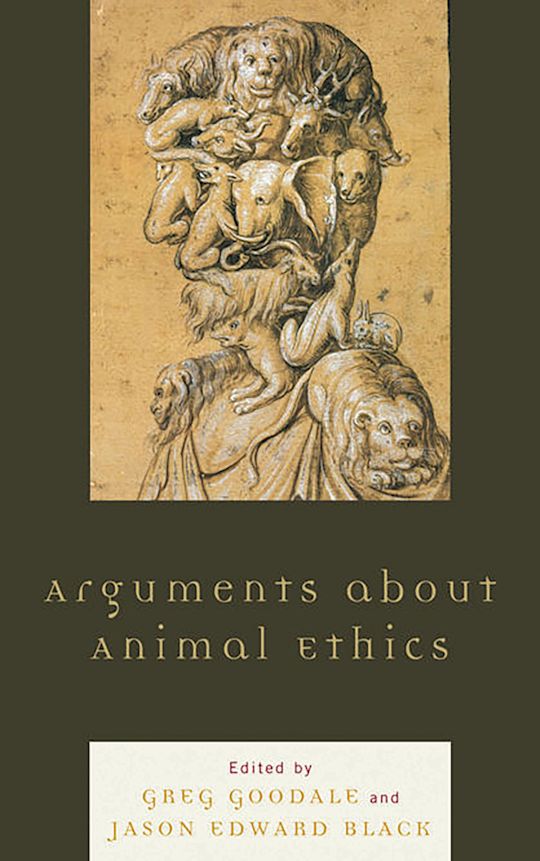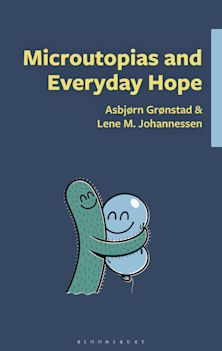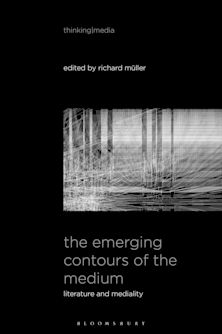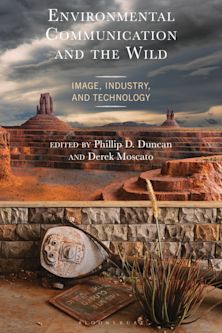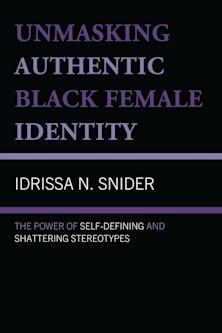- Home
- ACADEMIC
- Film & Media
- Film and Media Studies - Other
- Arguments about Animal Ethics
Arguments about Animal Ethics
Greg Goodale (Anthology Editor) , Jason Edward Black (Anthology Editor) , Wendy Atkins-Sayre (Contributor) , Renee S. Besel (Contributor) , Richard D. Besel (Contributor) , Carrie Packwood Freeman (Contributor) , Laura K. Hahn (Contributor) , Brett Lunceford (Contributor) , Patricia Malesh (Contributor) , Sabrina Marsh (Contributor) , Jane Bloodworth Rowe (Contributor) , Mary Trachsel (Contributor)
Arguments about Animal Ethics
Greg Goodale (Anthology Editor) , Jason Edward Black (Anthology Editor) , Wendy Atkins-Sayre (Contributor) , Renee S. Besel (Contributor) , Richard D. Besel (Contributor) , Carrie Packwood Freeman (Contributor) , Laura K. Hahn (Contributor) , Brett Lunceford (Contributor) , Patricia Malesh (Contributor) , Sabrina Marsh (Contributor) , Jane Bloodworth Rowe (Contributor) , Mary Trachsel (Contributor)
You must sign in to add this item to your wishlist. Please sign in or create an account
Description
Bringing together the expertise of rhetoricians in English and communication as well as media studies scholars, Arguments about Animal Ethics delves into the rhetorical and discursive practices of participants in controversies over the use of nonhuman animals for meat, entertainment, fur, and vivisection. Both sides of the debate are carefully analyzed, as the contributors examine how stakeholders persuade or fail to persuade audiences about the ethics of animal rights or the value of using animals. The essays in this volume cover a wide range of topics, such as the campaigns waged by People for the Ethical Treatment of Animals (including the sexy vegetarian and nude campaigns), greyhound activists, the Corolla Wild Horse Fund, food manufacturers, and the biomedical research industry, as well as communication across the human-nonhuman animal boundary and the failure of the animal rights movement to protest research into genetically modifying living beings. Arguments about Animal Ethics' insightful analysis of the animal rights movement will appeal to communication scholars, as well as those interested in social change.
Table of Contents
Part 2 Part 1: Rhetorical Theory at the Human/Nonhuman Animal Boundary
Chapter 3 Ch. 2: Embracing Humanimality: Deconstructing the Human/Animal Dichotomy
Chapter 4 Ch. 3: How to Do Things Without Words: Whisperers as Rustic Authorities on Interspecies Dialogue
Chapter 5 Ch. 4: The Battle Within: Understanding the Persuasive Affect of Internal Rhetorics in the Ethical Vegetarian/Vegan Movement
Part 6 Part 2: Critiques of Animal Ethics Rhetoric
Chapter 7 Ch. 5: I'm Too Sexy for Your Movement: An Analysis of the Failure of the Animal Rights Movement to Promote Vegetarianism
Chapter 8 Ch. 6: PeTA and the Rhetoric of Nude Protest
Chapter 9 Ch. 7: Biting Back at the Empire: The Anti-Greyhound Racing Movement's Decolonizing Rhetoric as a Countermand to the Dog Racing Industry
Part 10 Part 3: Critiques of Animal Management Rhetoric
Chapter 11 Ch. 8: The Biomedical Research Industry and the End of Scientific Revolutions
Chapter 12 Ch. 9: Protection from "Animal Rights Lunatics": The Center for Consumer Freedom and Animal Rights Rhetoric
Chapter 13 Ch. 10: Whale Wars and the Public Screen: Mediating Animal Ethics in Violent Times
Part 14 Part 4: A Critique of Animal Ethics and Animal Management Rhetoric
Chapter 15 Ch. 11: Feral Horses: Logos, Pathos and the Definition of Christian Dominion
Product details
| Published | Mar 08 2010 |
|---|---|
| Format | Ebook (Epub & Mobi) |
| Edition | 1st |
| Extent | 262 |
| ISBN | 9780739143001 |
| Imprint | Lexington Books |
| Publisher | Bloomsbury Publishing |
About the contributors
Reviews
-
Recommended.
Choice Reviews
-
Navigating the relationships, distinctions, and commonalities between human and nonhuman animals is an aporia that spans human history from our more banal moments (i.e., implicating what we eat or wear everyday) to our more spectacular (i.e., involving protests or media events). Goodale and Black's collection reminds us that taking the stakes of these relations seriously requires a robust sense of rhetorical critique that accounts for ethics, affect, ethos, pathos, and logos across a variety of media, forums, and experiences. This volume promises to provoke meaningful conversations that will help stretch our understanding of animal rights, ethics, social change, and rhetoric.
Phaedra C. Pezzullo, Indiana University and author of Toxic Tourism: Rhetorics of Travel, Pollution, and Environmental Justice








